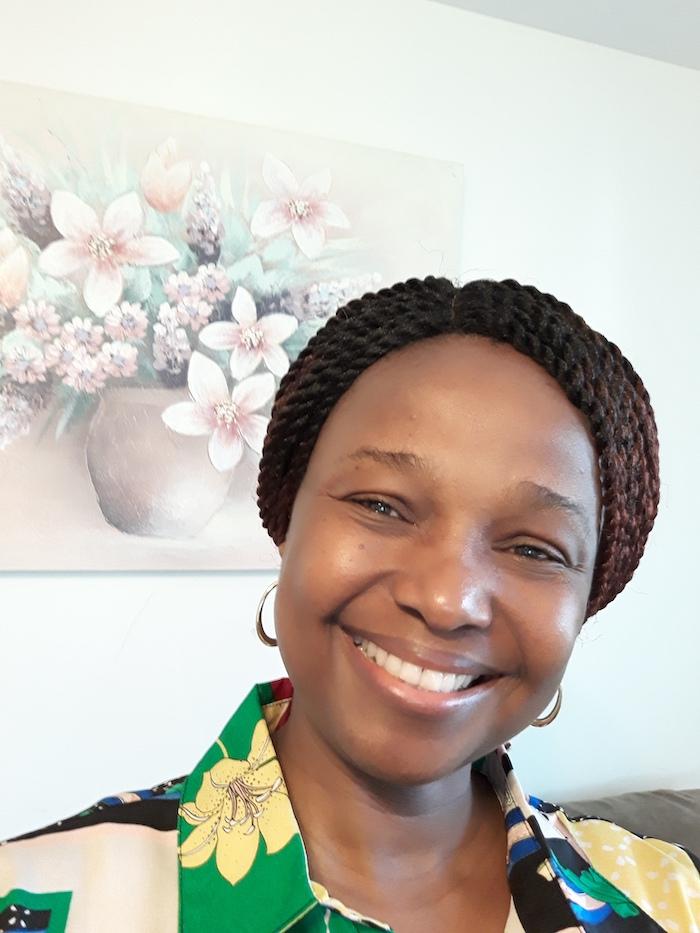
Credit: KU News Service
LAWRENCE — A team of investigators at the University of Kansas and KU Biodiversity Institute and Natural History Museum is developing mathematical models to project how an array of interventions to stem the spread of COVID-19 might succeed or fall short in “flattening the curve.” Their work is unique because it accounts for human behavior — like public fear, perception of risk, and adherence or defiance of disease-control measures like quarantines or travel bans.
They’ve just earned a one-year, $199,999 Rapid Response Research (RAPID) award from the National Science Foundation, designed to address “severe urgency … including quick-response research on natural or anthropogenic disasters and similar unanticipated events.”
The KU researchers’ work could inform policymakers and disease-control agencies around the world as they assess the value of containment measures such as stay-at-home orders, quarantines, self-quarantines and social-distancing guidelines.
The team is led by Folashade Agusto, assistant professor of ecology & evolutionary biology, who specializes in formulating mathematical models of transmission of human and animal diseases.
“This project will give insights into how things could go with COVID-19 depending on people’s behavior and their perception of risk, which is something that most models do not account for,” Agusto said. “For instance, most models don’t incorporate what we’re seeing right now — people gathering to protest the lockdowns. Once we factor human behavior like that into a model, we’ll definitely see something different. If people don’t stick to quarantine, how much longer will that keep us at home? The infection isn’t going to die down when we expect it to die down if you still have people not social distancing. Incorporating that human behavior into models is vital.”
Agusto’s colleagues are disease ecologist A. Townsend Peterson, University Distinguished Professor of Ecology & Evolutionary Biology and curator with the KU Biodiversity Institute and Natural History Museum, and Jarron Saint Onge, associate professor of sociology.
The team will produce three COVID-19 models that build on top of each other, each adding another layer of detail and complexity to simulation of the disease’s spread. The first will incorporate public behavior and perceptions of risk and fear.
“The first model is our baseline model to incorporate human behavior,” Agusto said. “You can see it as the foundation that we’re building up on top of. On the second model, we incorporate demographics — the number of seniors we have, the number of adults we have, the number of young adults we have, the number of kids we have– and throw that into the model.”
The third model will use the preceding behavior and demographic models to analyze regional-control efforts, focusing on states and then to national-level control efforts.
Because different nations have implemented different methods to contain COVID-19, Agusto said the research team would apply these models to three divergent countries — China, the United States and a hypothetical developing nation with a less robust public-health infrastructure — to see how each fare in stemming the spread of coronavirus.
“Once we have a full model, we can then bring in the different composition of what each country represents,” Agusto said.
She cautioned the models can only be as accurate as the data allows.
Uncertainties about the data — such as the numbers of COVID-19 infections and deaths, and reliability of statistics from various governments — will have an influence on the modeling outcomes.
“We are building a model based on the biology of infection,” Agusto said. “We have to now parameterize our model using the data. Even if we don’t have the full picture, whatever information we can glean from the data that we have is what we’re going to use followed by sensitivity and uncertainty analysis.”
The team will share its results with disease-control agencies and policymakers to inform decision-making as the COVID-19 pandemic continues to threaten populations around the world.
“The idea is to help figure out what best practices there are from a policy standpoint, based on all these parameters represented — and each country will differ when we’re looking at the models,” Agusto said. “My collaborators have connections with many policymakers, so our goal is to communicate these findings to them.”
Because the team’s efforts will break new ground in applying mathematical models to create abstractions of sometimes-erratic human behavior, the work performed under the new grant also will have relevance to outbreaks in the future.
“I mean, that’s the cool thing about math, right?” Agusto said. “We can look at human behavior and human response to the disease in a new way that isn’t incorporated into what other people are currently doing.”
###
Media Contact
Brendan M. Lynch
[email protected]
Original Source
https:/




